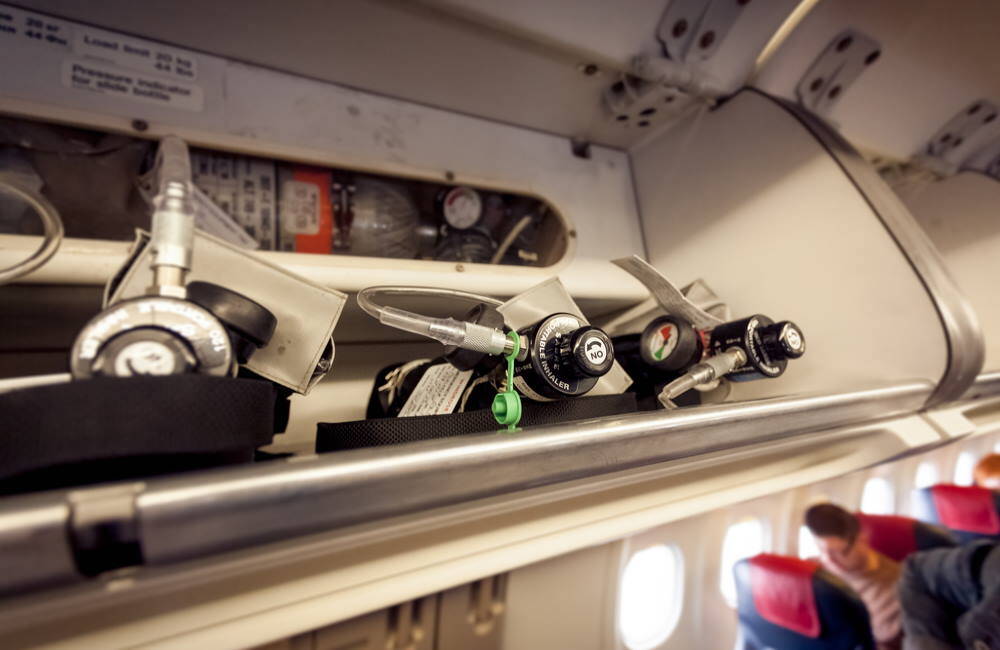
Medical flights help you and your families travel safely after someone is hospitalized or may have limited mobility. Medical air travel arrangements can be scheduled with a flight coordinator who should be an RN with emergency and critical care experience. Registered nurses with extensive Critical Care/Emergency experience accompany you during travel from beginning to end, bedside to bedside.
How Does a Flight Coordinator Help?
They differ from emergency flights, in which patients are flown directly to a hospital by plane or helicopter.
Medical flights and medical travel are popular because they allow those with debilitating conditions, disorders, disabilities or injuries to have the comfort and security of a flight nurse accompanying them through the airport and during their flight.
How to Schedule Medical Travel
Flight nurses typically work with an agency such as Flying Angels that also employs an RN Flight Coordinator. They handle all the advance planning for medical travel, coordinating with airports, airlines, ground transportation and hotels.
Examples of Why People Need Medical Flights
The reason for seeking medical flights or medical travel differ by the individual. When using medical transport, patients have made the decision that they want support during their trip from a trained, qualified and experienced nurse.
In many cases, the patients are older travelers with a chronic condition. They could be visiting relatives, going on a family vacation to a distant location or relocating to a new home to be closer to family.
Whatever the case, medical flights provide you with the support you need. For example, airport personnel is contacted in advance so they know when you’re arriving. The flight nurse goes through TSA with you and works to make sure any medical equipment (such as a wheelchair or medications) are carried on properly. TSA notification cards can help to expedite the security checkpoint process in several ways as well as TSA PreCheck™.
What is a TSA Notification Card?
The flight nurse helps you board the flight in advance to ensure you’re not waiting in lines or accidentally bumped into by another traveler. Your flight coordinator would have already chosen the best seat assignment for your situation and has arranged to have all the medication and supplies you need for the flight. RN flight nurses are experts at high-altitude healthcare which can also be referred to as aviation physiology. Medical flights and medical travel provide security and comfort to those who decide to work with a professional non-emergency medical transportation company.
Medical Emergency Flights
Medical emergency flights are sometimes referred to as medical flights, but the difference is the “emergency” part.
Patients on an emergency medical flight are usually being taken from the scene of an accident or a natural disaster to a hospital. Emergency personnel provides medical care during the flight that focuses on preserving life until they can get to an intensive care unit. So, while the term medical flight might sometimes be used to refer to emergency flights, it typically refers to non-emergency medical transport. It’s a way for people to have peace of mind during their flight, knowing they will arrive safely and have help if any type of emergency does arise.

